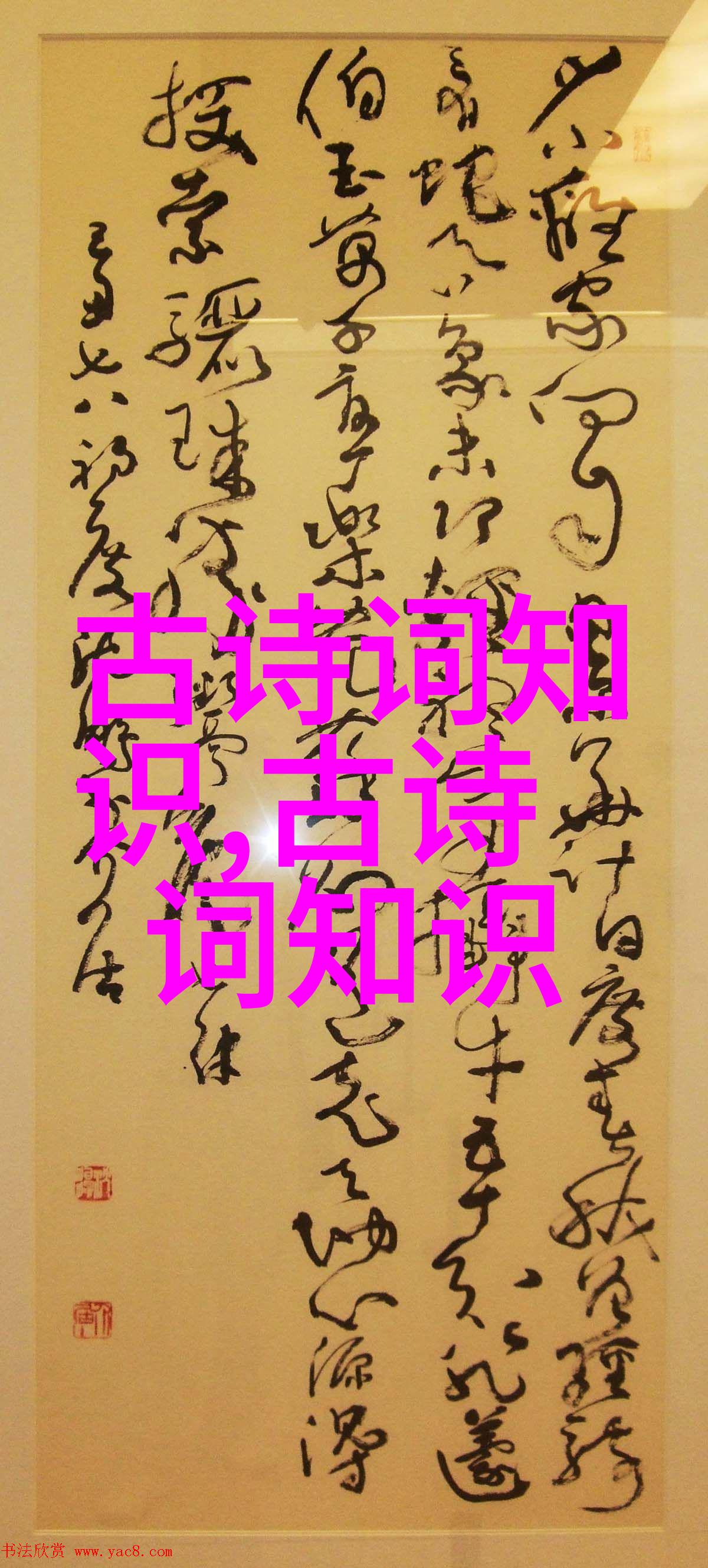人民文学作品深刻反映人心和社会现实的文学创作
1. 人民文学的定义与特点是什么?

人民文学作为一种特殊的文学形式,它以普通人的生活为题材,通过对现实生活中各种人物、事件和社会关系的真实描绘,来反映人民群众的思想感情、社会矛盾和发展变化。它不仅要有高度的事理性,也要有浓厚的情感色彩,是一种具有强烈政治性的艺术表达方式。
在中国文化传统中,人民文学一直占据了重要的地位。自古以来,无数著名诗人、小说家和剧作者都以其笔触记录下了历史上的重大事件,如屈原《离骚》中的抗争精神,以及曹雪芹《红楼梦》中的家庭悲剧,这些都是中华民族文化宝库中不可或缺的一部分。

2. 人民文学如何体现时代精神?
随着时代的变迁,人民文学也在不断地演进。在新中国成立后,人民文学更是成为国家文化建设的一个重要组成部分。许多作品如鲁迅的小说、茅盾的小说等,都深刻地反映了当时社会的问题,并激励着人们为实现共产主义而努力奋斗。

例如,在土地改革期间,《呐喊》、《彷徨》的出版,不仅揭示了封建农奴制残余问题,还极大地激发了农民阶层对于改善自身命运的渴望,为土地改革提供了一定的思想准备。
3. 人民文学如何塑造英雄形象?

英雄形象是人类文明史上最引人入胜的一种存在,他们用自己的勇气和智慧改变着世界。 Peoples literature often depicts heroes who are not only brave and strong, but also kind and compassionate.
Take for example the character of Liang Shanbo in Chinese classical drama "The Butterfly Lovers". He is a scholar who sacrifices his life to save his lover, Meng Jiangnu, from the evil clutches of her stepmother. His selflessness and loyalty have inspired countless generations to follow their hearts and stand up against injustice.

4. 如何理解“百花齐放”与“百家争鸣”的意义?
"百花齐放"意味着让各类美丽花朵自由开放,而"百家争鸣"则代表不同的声音可以自由交流。这两种概念在理论上支持多元化和包容性,是推动文化繁荣与发展所必需的心态。
In practice, this means that people should be free to express themselves without fear of persecution or censorship. This freedom allows for a diverse range of ideas and perspectives to emerge, enriching our understanding of the world around us.
5. 人民文学如何影响日常生活?
People's Literature has had a profound impact on daily life in China since ancient times. From traditional folktales passed down through generations to modern-day novels that explore contemporary issues like social inequality and environmental degradation.
For instance, works such as Lu Xun's short stories exposed corruption within traditional society during the late Qing dynasty era while promoting critical thinking among readers; similarly today many authors use their writing as a way to raise awareness about pressing problems facing society today like climate change or poverty alleviation efforts worldwide.
6. 未来的方向:怎样保护并推广这门艺术形式?
As we look towards future directions for People's Literature it becomes clear that preserving this rich cultural heritage is essential yet challenging due mainly because its relevance remains tied closely with societal development which constantly evolves over time making some aspects obsolete while others become more significant than ever before
This necessitates an ongoing dialogue between artists writers scholars policymakers so they can collectively address challenges faced by People’s Literature today such as funding cuts declining interest amongst younger generation etcetera In conclusion maintaining healthy discourse around these matters will ensure continued growth vitality & relevance within our culture allowing future generations continue appreciating exploring expressing themselves through art forms rooted deeply within human history